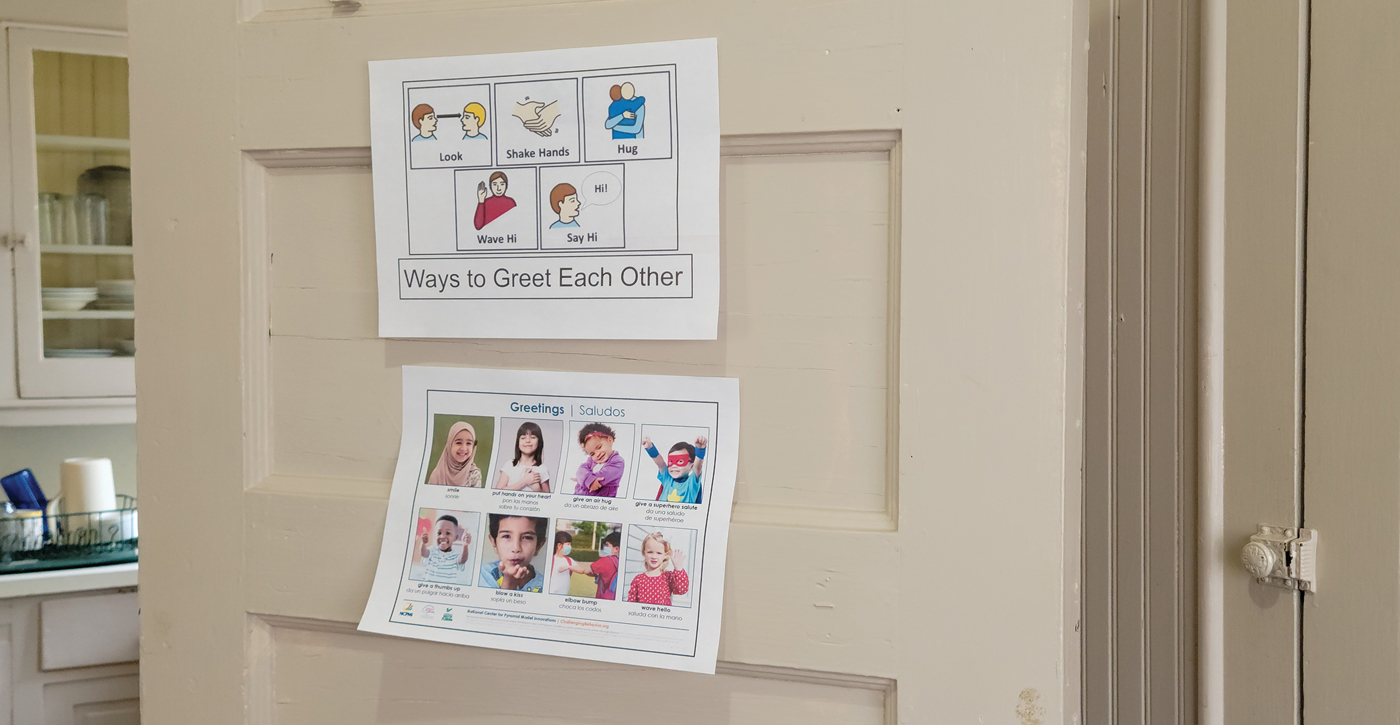Introduction
Most people will find themselves with a serious long-term limitation of mobility, hearing, sight, mental capacity, or emotional functioning during their lives. Diminishments make it surprisingly difficult to remain part of a worship community. The following queries came to me during the 11 years I have survived serious chronic illness.
Usually when Friends consider diminishments and worship, we directly address issues of accessibility to the physical plant of the meeting’s property. I have observed that interest quickly falls off. Perhaps an approach that begins with one’s own potential experience would be more effective.
Using this as an adult education topic provides an alternative way to begin consideration of how limitations affect belonging to a worship community. By imagining one’s own limitations in the context of a set of queries, Friends may be better prepared for subsequent discussion on what tangible actions need to be taken by the meeting.
Note that presenting the topic in this manner puts the focus on each person’s own or potential experience from the inside out. Asking people to imagine how physical limitation might affect their own spiritual lives could actually enhance the larger process of addressing accessibility issues.
I suggest that the facilitator introduce the subject in advance, providing the queries. In addition, I suggest that the session be a meeting for worship with attention to the topic.
Queries with respect to being a Friend (Quaker) with disabilities or serious physical limitations.
Please attempt to imagine yourself living with a serious long-term limitation of mobility, hearing, sight, mental capacity, or emotional functioning.
This is not a mere exercise. Statistically, you are very likely to be affected by one or more of these conditions during your lifetime.
Part One
- If you had a disability or serious physical limitation, how might your perception of God/Light/Spirit (etc.) change?
- How might your relationship with God/Light/Spirit (etc.) change?
- How would you maintain a relationship with your worship community if you were physically unable to attend meetings for worship or business?
Part Two
- How might your sense of our testimonies change? Your sense of how to live them out?
- Do you trust that if you had been unable to attend meeting for worship for some time, members would contact you?
- How might the experience of ongoing pain or low stamina affect your worship or participation in community at meeting?
- If you had a visible sign of limitation, such as a wheelchair, a brace, a hearing aid, an assistant, a guide dog, etc., how might that affect your worship in community?
- Would fears about being able to physically navigate or use any part of meeting property prevent you from worshiping at the meetinghouse?
- What might you need in order to maintain your connection with your worship community?
- What support, assistance, and aids do you think ought to be offered and available from your worship community without your having to request them?



